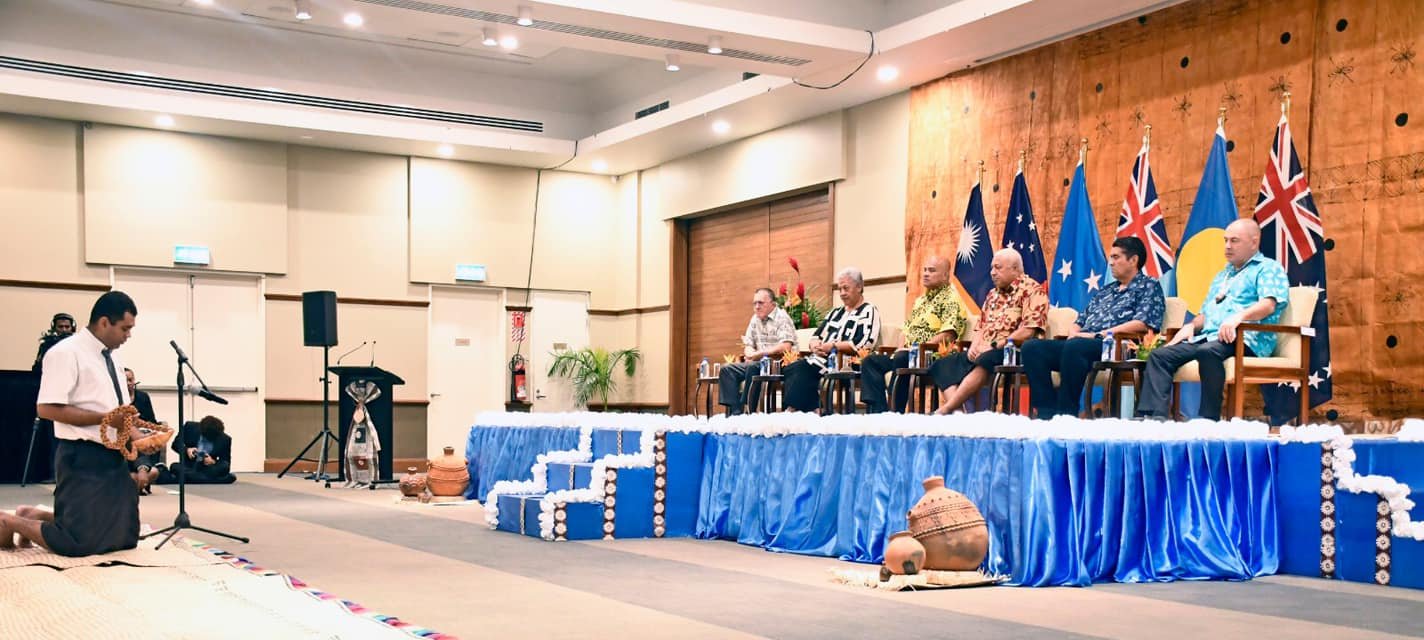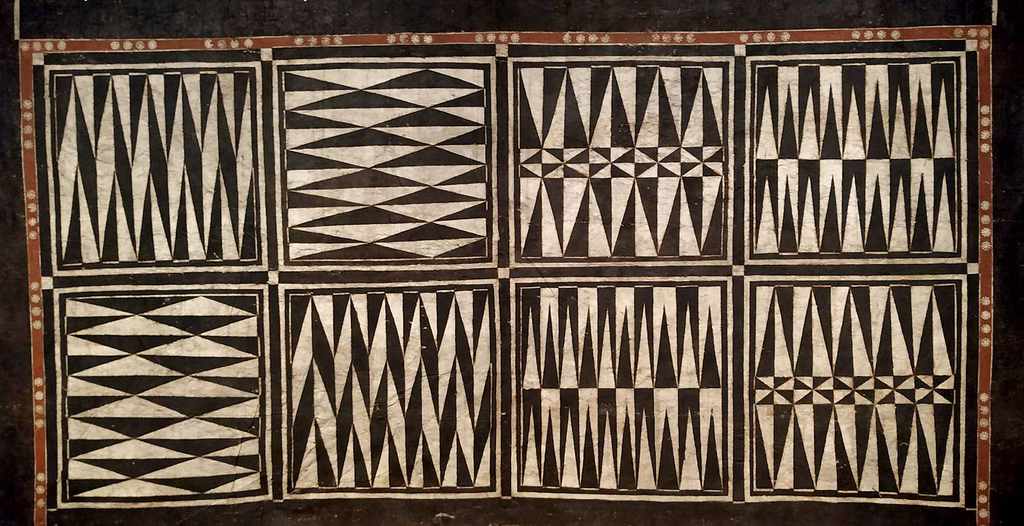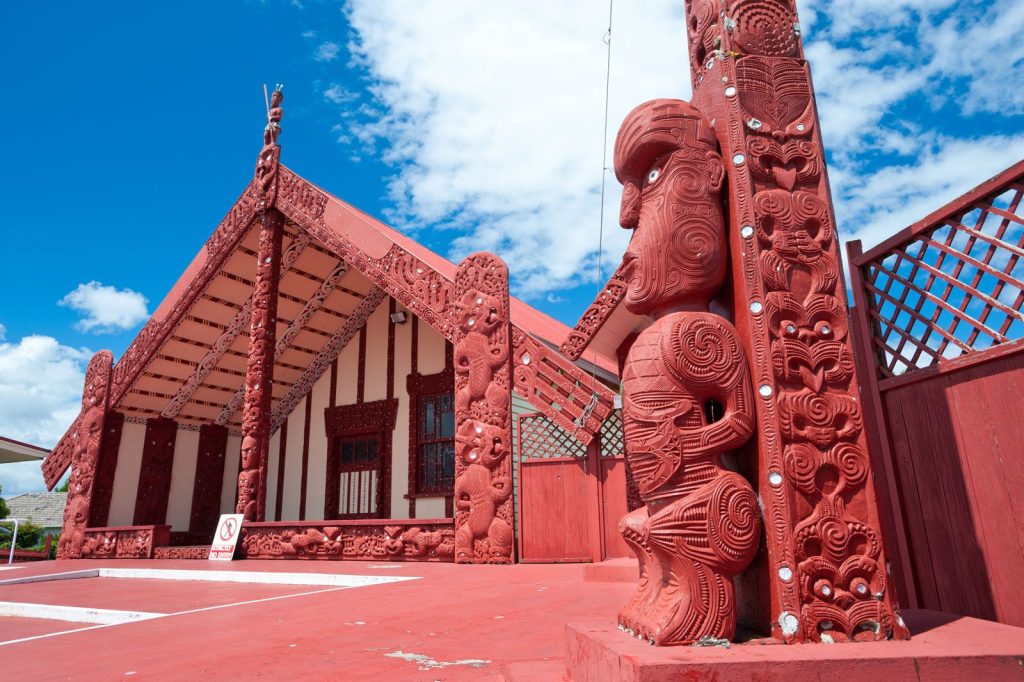In the rich tapestry of Māori culture, the concept of rank is deeply embedded in their social structure, traditions, and values. Understanding the measure of rank in Māori culture offers insight into how leadership, authority, and community roles are defined and maintained. This article explores the historical foundations, key elements, and modern implications of rank within Māori society.
Table of Contents
– Introduction to Māori Rank and Social Hierarchy
– The Role of Leadership in Māori Society
– Key Elements of Māori Rank
– The Influence of Whakapapa on Status
– Modern Interpretations of Rank in Māori Culture
– Conclusion
Introduction to Māori Rank and Social Hierarchy
Māori society has long been organized around a structured hierarchy that emphasizes respect, responsibility, and communal well-being. At the heart of this system is the concept of “mana,” which refers to spiritual power, prestige, and authority. Mana is not merely an individual trait but is tied to one’s lineage, achievements, and contributions to the community. The measure of rank in Māori culture is thus closely linked to mana, as well as the broader social and cultural frameworks that define status and leadership.
The Role of Leadership in Māori Society
Leadership in Māori culture is not solely about power or control; it is deeply rooted in service, wisdom, and connection to the land. The most respected leaders are those who demonstrate integrity, humility, and a strong sense of responsibility toward their people. These leaders, often referred to as “ariki” (chiefs), play a crucial role in guiding their communities, making decisions, and upholding the customs and values that have shaped Māori identity for centuries.
Key Elements of Māori Rank
Several key elements contribute to the measure of rank in Māori culture:
-
Whakapapa (Genealogy): This is the foundation of Māori social organization. Whakapapa refers to ancestry and lineage, and it determines an individual’s place within the tribe (iwi) and subtribe (hapū). A person’s rank is often influenced by their connection to ancestors, particularly those who have made significant contributions to the community.
-
Mana: As mentioned earlier, mana is a central concept in Māori culture. It represents the spiritual and social power that individuals possess, which is earned through actions, leadership, and service. Those with high mana are respected and hold positions of influence.
-
Tikanga (Customs and Protocols): Tikanga encompasses the traditional laws, practices, and values that guide behavior within Māori society. Adherence to tikanga is essential for maintaining social order and reinforcing the measure of rank. Leaders are expected to uphold these customs and ensure that they are passed down to future generations.
-
Kaitiakitanga (Guardianship): This principle emphasizes the responsibility of individuals to care for the environment, resources, and the well-being of their community. Those who demonstrate strong kaitiakitanga are seen as having a higher rank, as they are viewed as stewards of both the land and the people.
The Influence of Whakapapa on Status
Whakapapa plays a vital role in determining an individual’s status within Māori society. It is more than just a record of ancestry; it is a living narrative that connects people to their past, present, and future. Through whakapapa, individuals understand their place within the tribe and the responsibilities that come with it. For example, those who can trace their lineage back to important ancestors or leaders may be granted higher status and greater influence.
This emphasis on genealogy also reinforces the importance of family and community ties. The concept of “whānau” (extended family) is central to Māori culture, and individuals are expected to support and care for their relatives. This collective approach to life ensures that rank is not based solely on personal achievement but also on the strength of one’s relationships and contributions to the group.
Modern Interpretations of Rank in Māori Culture
While traditional concepts of rank remain relevant, the modern interpretation of rank in Māori culture reflects the evolving nature of society. Today, many Māori leaders continue to uphold the values of mana, whakapapa, and tikanga, but they also engage with contemporary issues such as education, health, and environmental sustainability. This blend of tradition and modernity allows Māori culture to thrive while adapting to new challenges.
In addition, the recognition of Māori rights and sovereignty has led to a renewed focus on the role of rank in governance and decision-making. Māori leaders are now playing a more prominent role in shaping policies that affect their communities, ensuring that their voices are heard and their perspectives are valued.
Conclusion
The measure of rank in Māori culture is a complex and multifaceted concept that reflects the values, traditions, and social structures of the Māori people. Rooted in principles such as mana, whakapapa, and tikanga, rank is not merely about power or status but about responsibility, service, and connection to the land and community. As Māori culture continues to evolve, the enduring legacy of these values remains a guiding force in shaping the future of Māori society.















More Stories
US Trending News: The History and Legacy of Zoo York in Streetwear Culture
US Trending News: Exploring Zach Top Greensboro
US Trending News: The ‘Your Mom’ White House: A Trendy Take on Political Humor